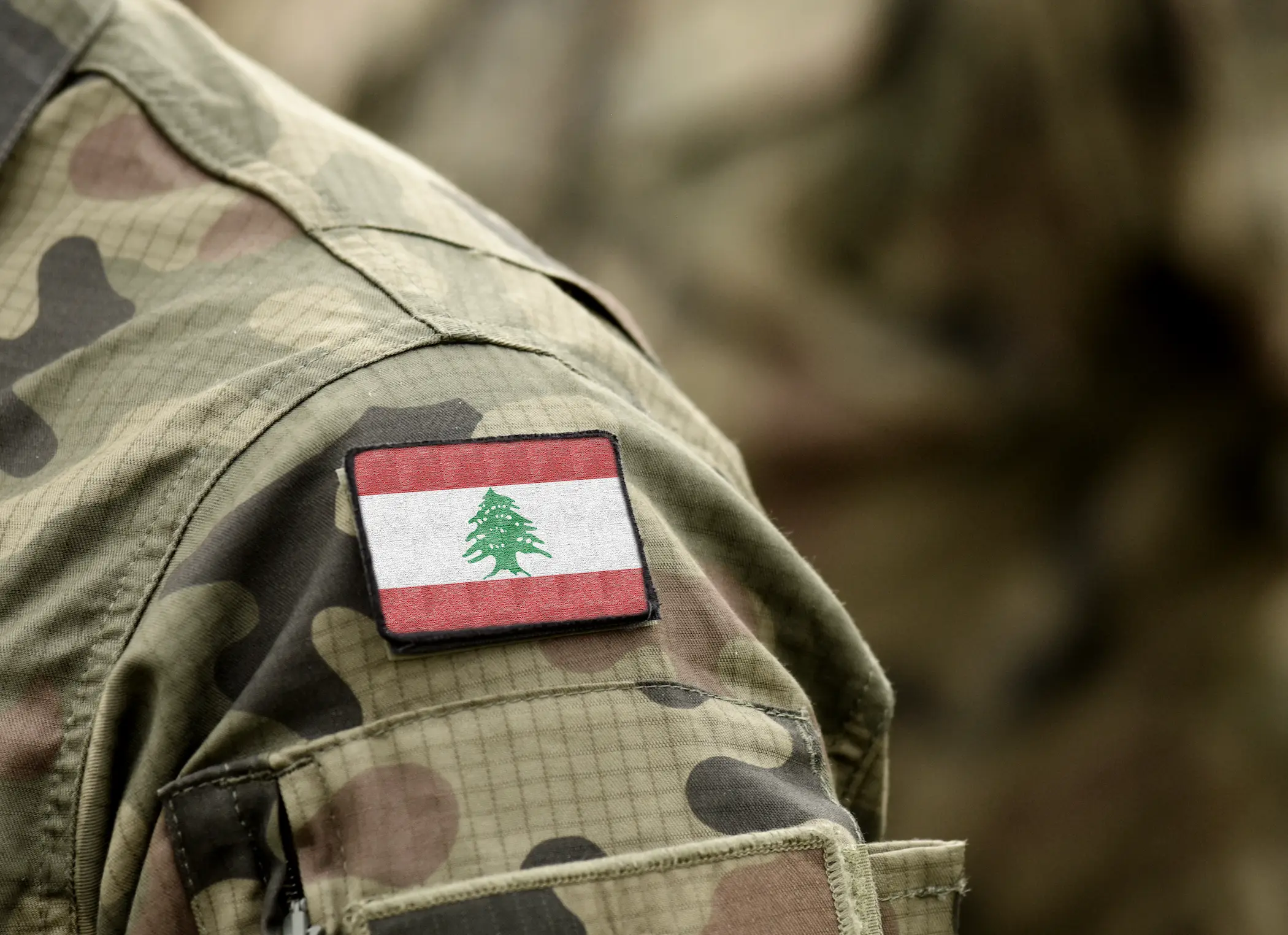1 Sep 2025
Is the Lebanese Army Equipped to Confront Hezbollah?
Lebanon today faces a critical crossroads that directly threatens its national sovereignty, and this challenge is reflected in the issue of confiscating Hezbollah’s weapons. On Aug. 5, 2025, the Lebanese government issued an important decision entrusting the armed forces with the task of developing a plan to establish the state's monopoly on weapons, restricting the possession of arms exclusively to state institutions, in implementation of the ceasefire agreement with Israel, with the plan to be executed before the end of the current year. This decision represents a strategic turning point that places Hezbollah before complex choices: voluntary disarmament, moving towards political transformation, or direct military confrontation with the Lebanese army.
Hezbollah, for its part, rejects this decision, describing it as a major sin, threatening to ignore it and considering disarmament a direct threat to Lebanon’s resistance against external aggression. The decision faces significant challenges due to the strong popular and political support Hezbollah enjoys, in addition to political maneuvers aimed at obstructing any measures targeting its weapons. Given the fragility of Lebanon’s political and sectarian system, there are significant risks of a confrontation breaking out that could escalate internal tensions and undermine security stability, making any direct military clash between the army and Hezbollah fraught with danger, with the likelihood of intensifying sectarian divisions and expanding the circle of violence. Will the Lebanese army be able to confront Hezbollah?
